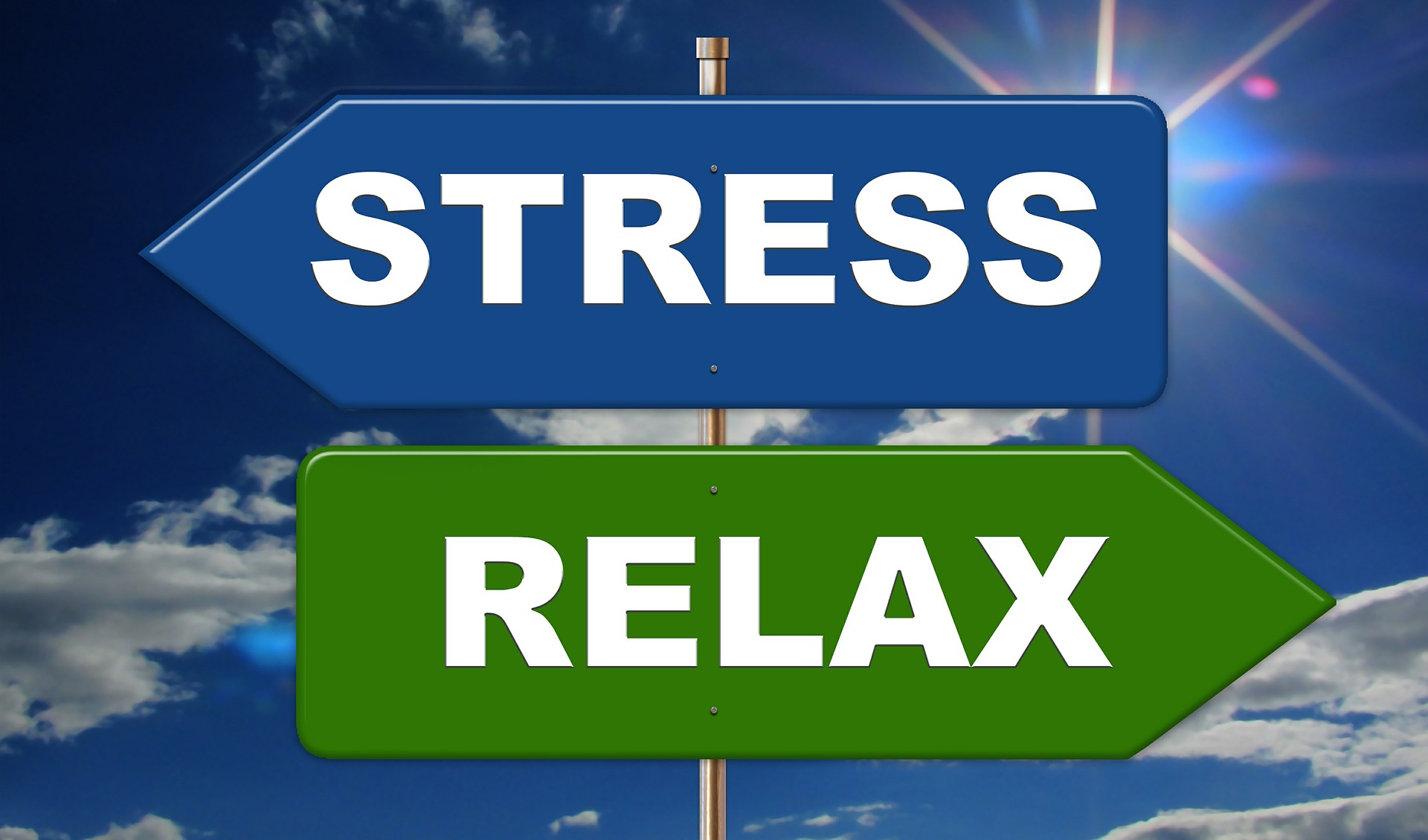4 Reasons to Be Assertive at Work
4 Reasons to Be Assertive at Work Being assertive at work means voicing your opinions and ideas with confidence. Assertiveness helps us set boundaries and ask for what we need without being rude or combative. Communicating assertively increases job satisfaction and creates win-win situations with our coworkers. It also allows us to recognize our feelings and build honest relationships with teammates. Here are 4 more reasons to use assertive communication at work. 1. Keeps the Focus on Your Idea, Not You One common problem we face at work is thinking we’ve communicated an idea more effectively than we actually have. For instance, if you share an idea in a meeting or email, and the tone is too soft, your comment may get lost in the conversation. Your teammates may not recognize that you’re asking for or proposing something. On the other hand, if you pitch an idea too forcefully, the idea gets lost as people react more to your delivery than the idea itself. Assertive communication uses clear, direct speech to explain an idea, allowing the idea to hold centerstage for discussion. 2. Gives You a Sense of Empowerment Assertive communication provides you with tools to make your needs heard. It helps you zero in on what you will and will not do so that you can state that clearly. Setting boundaries offers you a sense of control and autonomy. That sense of empowerment makes a big difference in your happiness and resilience at work. 3. Helps You Earn Respect One of the critical components governing the level of respect you have at work is how often you do what you said you’d do in the time you promised to do it. Here’s where assertiveness comes in. If you cannot ask for the resources you need to complete your work, it won’t get done. Assertive communication gives you a vehicle to ask for those resources and clearly state what you can do so the team can plan accordingly and count on your contributions. Assertive communication also helps those in leadership to set priorities and expectations so that team members know which tasks to focus on and what to do if they encounter problems. 4. Reduces Stress No one likes feeling unheard or as though their needs never make the priority list. It’s true in family relationships, and it’s true on the job, too. If you feel unheard as a leader or team member, assertive communication can help you break through that wall. Learning to speak up and state what you need firmly and clearly allows your coworkers to adjust their expectations and offer the support that helps the whole team succeed. Knowing you have a path to being heard reduces stress and ensures you have a safety net in your ability to speak up. Expert Training on Assertiveness at Work Mastering the balance of speaking assertively without being rude can be tricky, but it’s a skill worth learning. Our Assertiveness workshop teaches communication and conflict resolution styles and how to [...]




